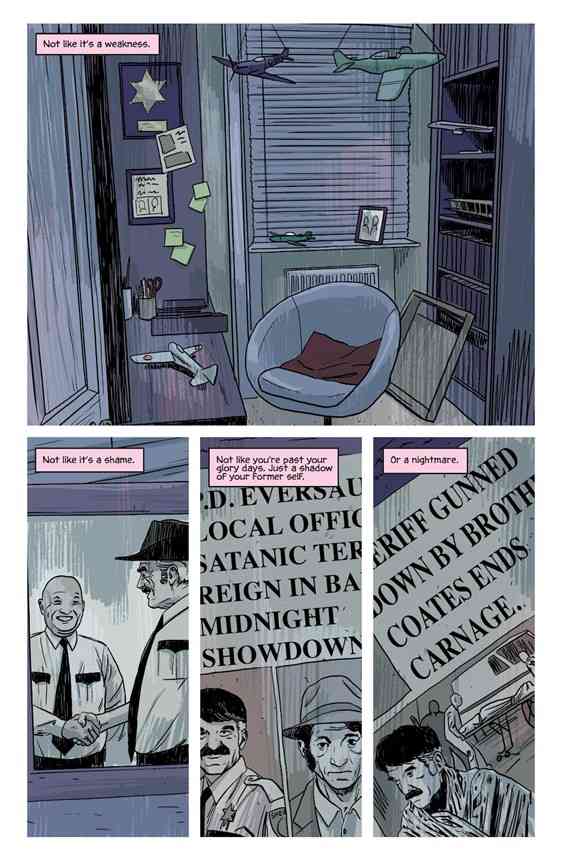In the age of technology, everything seems to be better for the most part. Better education, better access to food and water, better transportations, and generally better days. Though the broken pieces of humanity still lay scarred with sickness and war, which as Ron Pearlman narrated “War… war never changes.”
the modern days could be considered “healed’ from the looming phantoms of the past. No Great Depression of the 30s, no World Wars, no threat of nuclear fallout in the 60s all the way to the late 80s and early 90s. In many ways, we even try to move on from such darkness and establish a prevention. Humanitarian efforts in underdeveloped regions, awareness of climate change, the struggle to maintain peace and the prohibition of more unnecessary loss of lives. Everything seems to be much better now. But then again, for the most part.
Yet, why do people say the past is better? Why does one find the days of his youth better than the youths of today? Why does your grandmother clings on her old flip-phone and refuses to use the hot new Samsung Galaxy A20? Why does the past, the current, and the future always blame each other?
In research published in Journal of Happiness Studies (Li, Zhu, Li, & Cui, 2023) , it is concluded that nostalgia is correlated higher positive affect. However, at the same study it is found that despite linked to positive emotion, it does not help in one’s life satisfaction. From there, we could understand that nostalgia in the general term of one’s wellbeing and their betterment isn’t as bona fide as people may thought. In simpler terms, you only feel happy but, whether you truly satisfied with your life is not based on your nostalgia.
Meaning the past cannot change the future.
If we dwell further, we could see that even nostalgia, despite the previous research, could have a negative impact. According to research published in 2020 (Newman & Sachs, 2020), nostalgia’s negative effect on an individual magnifies in lonesome situations. So instead of the joyfulness we could feel as the previous research suggest, it backfires and worsen an already ruffled situation.
Nostalgia and loneliness are a moonshine of despondency that, as mentioned in Proverbs 17: 22 ESV translation, “…dries up the bones.”. It swindles you into distant location that is impossible to research where everything around is moving on, leaving you with nothing but scrapped memories. And which population group is riddled with both nostalgia and loneliness? The elderly.
According to University of Michigan’s National Poll on Health Aging, found that 37% of elders felt the absence of companionship in 2022, 41% in 2020, and 34% in 2018. Moreover, a study conducted in Indonesia found that 64% of the subject group that came from various different backgrounds experience loneliness (Susanty, et al., 2022).
In a way, when the elders, a relic way past their prime starts to feel left out and are hopeless in becoming something more, they start digging back their memories when they were someone. They look back to the dusty old glory when they were young. Although fictitious, I feel the pages from the hit comic That Texas Blood published by Image Comics perfectly described what elderly people feel when they hit that nostalgia button.










